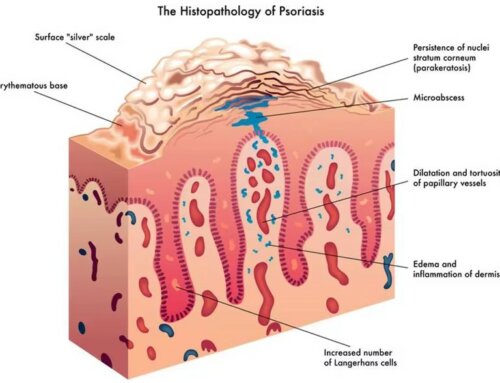Often people with diabetes are at risk of developing high blood pressure. Take measures now to lower your blood pressure and help bring the numbers down. Discover 6 ways to cut your blood pressure naturally before it becomes a major health issue.
The right lifestyle habits can help you avoid, delay or even minimize the need for medication, based on your doctor’s advice. Adopting a healthier lifestyle can help to reduce your blood pressure and keep it down.
- Watching your weight and waistline helps reduce your blood pressure. One of the major culprits of high blood pressure is carrying around extra pounds. Being overweight or obese can also lead to other health problems, such as heart disease, stroke or sleep apnea. Losing just 5 to 10 percent of your overall body weight can help. Eliminate foods with added fat, sugar and salt. Choose whole foods, including fresh fruits and vegetables with fiber to help you feel full and satisfied. Select fresh fruits and vegetables, low fat dairy items, lean fish, legumes, nuts and colorful whole grains. Consult with a dietitian or a diabetes nurse educator to learn more about a well-balanced diet to help you lose weight and lower your blood pressure. Keep track of your waistline to determine your risk for high blood pressure. Women with a waist measurement of more than 35 inches and men with a waist size over 40 inches have a higher risk. Losing total body weight is the best way to whittle down your waist line.
- A sedentary lifestyle can lead to high blood pressure. Include regular physical activity into your daily routine. Try to get moving for at least a half hour each day. This can lower your blood pressure significantly after just a few weeks. Include cardiovascular exercise in your daily routine, such as walking, swimming, cycling and aerobics classes. Try playing sports including tennis, basketball and volleyball. Stay inspired by joining the gym with a friend or scheduling time to walk the dog each day. Include resistance training and stretching in your daily exercise program. Consider stress-reducing exercises such as tai chi and yoga to boost your overall fitness and lower your blood pressure. Talk to your doctor before starting any exercise routine.
- Write in a food diary to help keep track of what you eat. Unhealthy habits can be hard to break. Carefully read food labels before you make a final choice. Most menus at mainstream restaurants also provide detailed food information. Consider adding more potassium to your daily diet which can minimize the effects of sodium on your blood pressure. Sodium raises blood pressure and should be limited to 1500 mg daily. Watch out for processed foods and do not add salt. Use spices and herbs liberally. The best way to raise potassium levels is from foods such as tomatoes, sweet potatoes, kidney beans and cantaloupe. Several studies have shown taking coenzyme Q10 may help lower blood pressure. Consult with your doctor to determine the best potassium and sodium level for you.
- Limit your intake of alcohol to no more than one drink daily for women and two for men. Drinking too much alcohol can raise your blood pressure and reduce the effects of blood pressure medication. Quit smoking since it elevates your blood pressure.
- Studies are still being conducted to determine if caffeine causes a significant rise in your blood pressure. It may have an impact on some people and not on others. To determine its effects on you, use an Omron blood pressure monitor to check your readings before and after having coffee. Consider switching to decaffeinated coffee or a cup of soothing tea. Recent studies have revealed a daily cup of hibiscus tea can help reduce your blood pressure over time.
- Stress can cause your blood pressure to rise. Try deep breathing for 5 minutes in the morning and 5 minutes before bed. Learn how to meditate to relax and lower your blood pressure. Treat yourself to a half ounce of decadent dark chocolate each day without any guilt. Studies have revealed the flavanols in dark chocolate can help reduce blood pressure. Take at least 20 minutes for yourself each day to unwind and relax. Listen to soothing music, light a fragrant candle and close your eyes to feel the stress slip away after a long day. Studies have shown the right type of calm music can help lower your blood pressure. If stress is overwhelming, reach out for support from your family, friends and co-workers. If you have feelings of ongoing stress for more than a few weeks, consider talking to a counselor to find ways to manage it.
Learning how to cut your blood pressure naturally can minimize your need for medication and add years to your life. A few basic lifestyle changes can go a long way. Exercising, eating healthy foods and reducing stress are all ways to lower your blood pressure and enjoy life more.







Leave A Comment